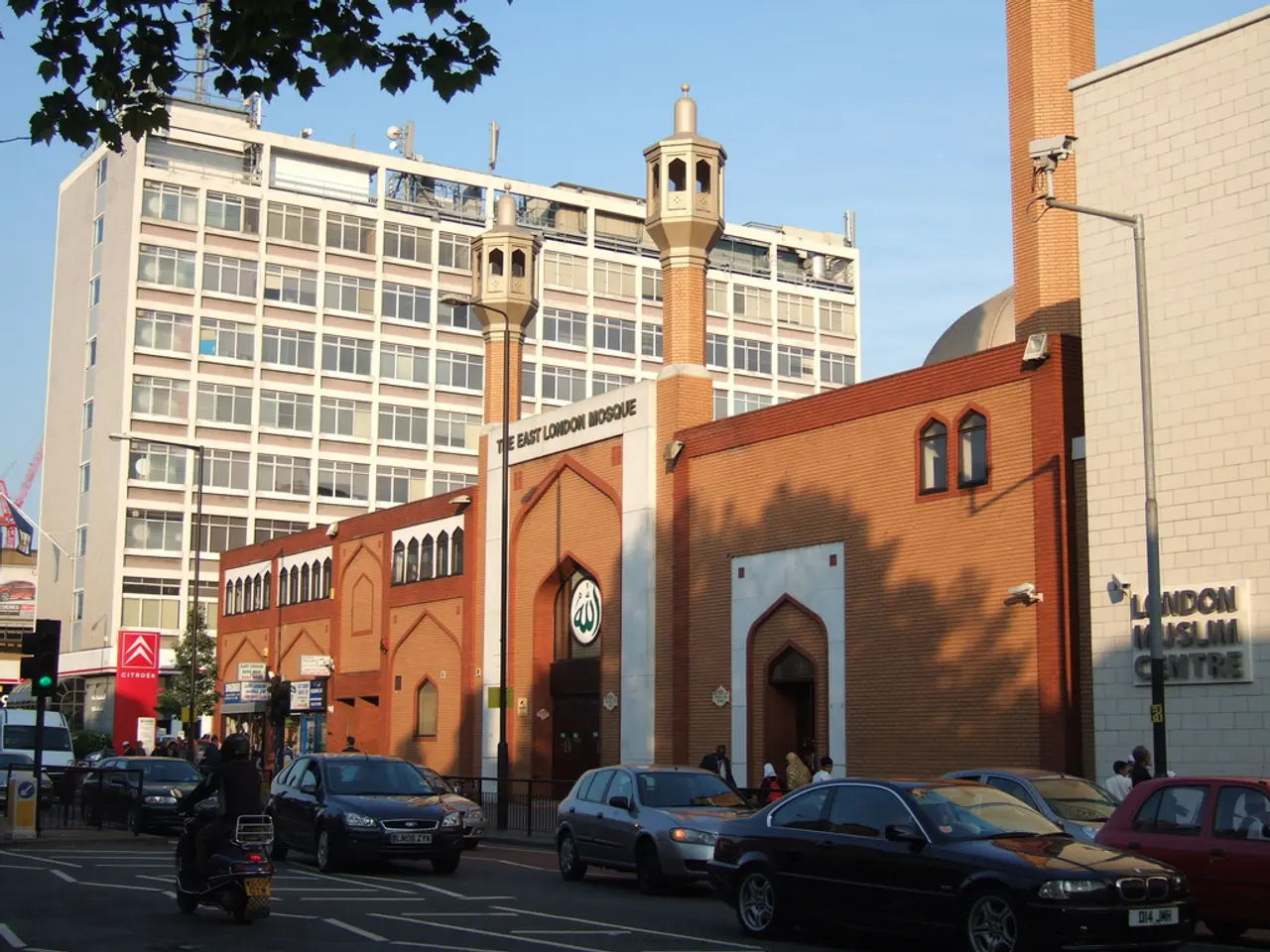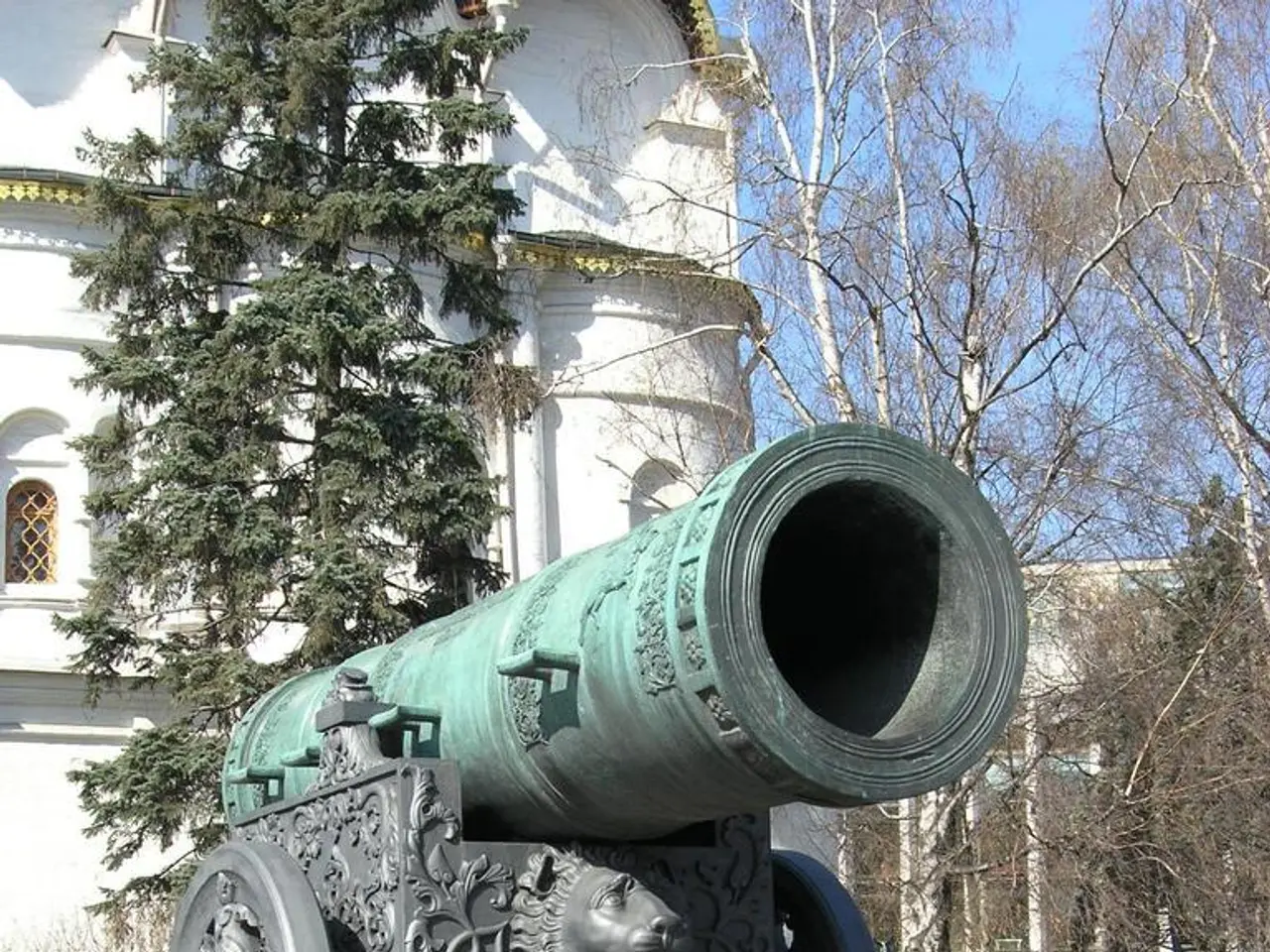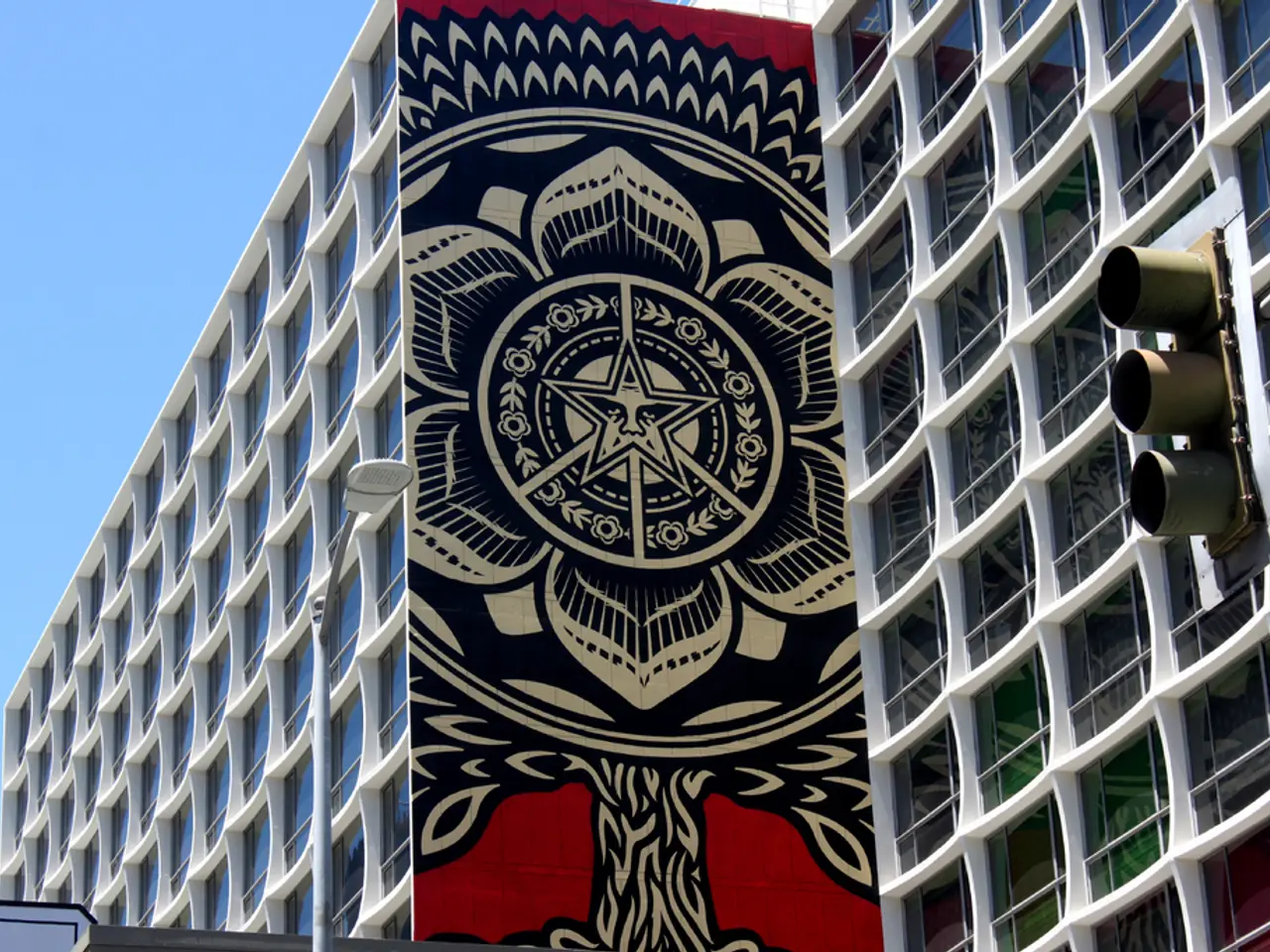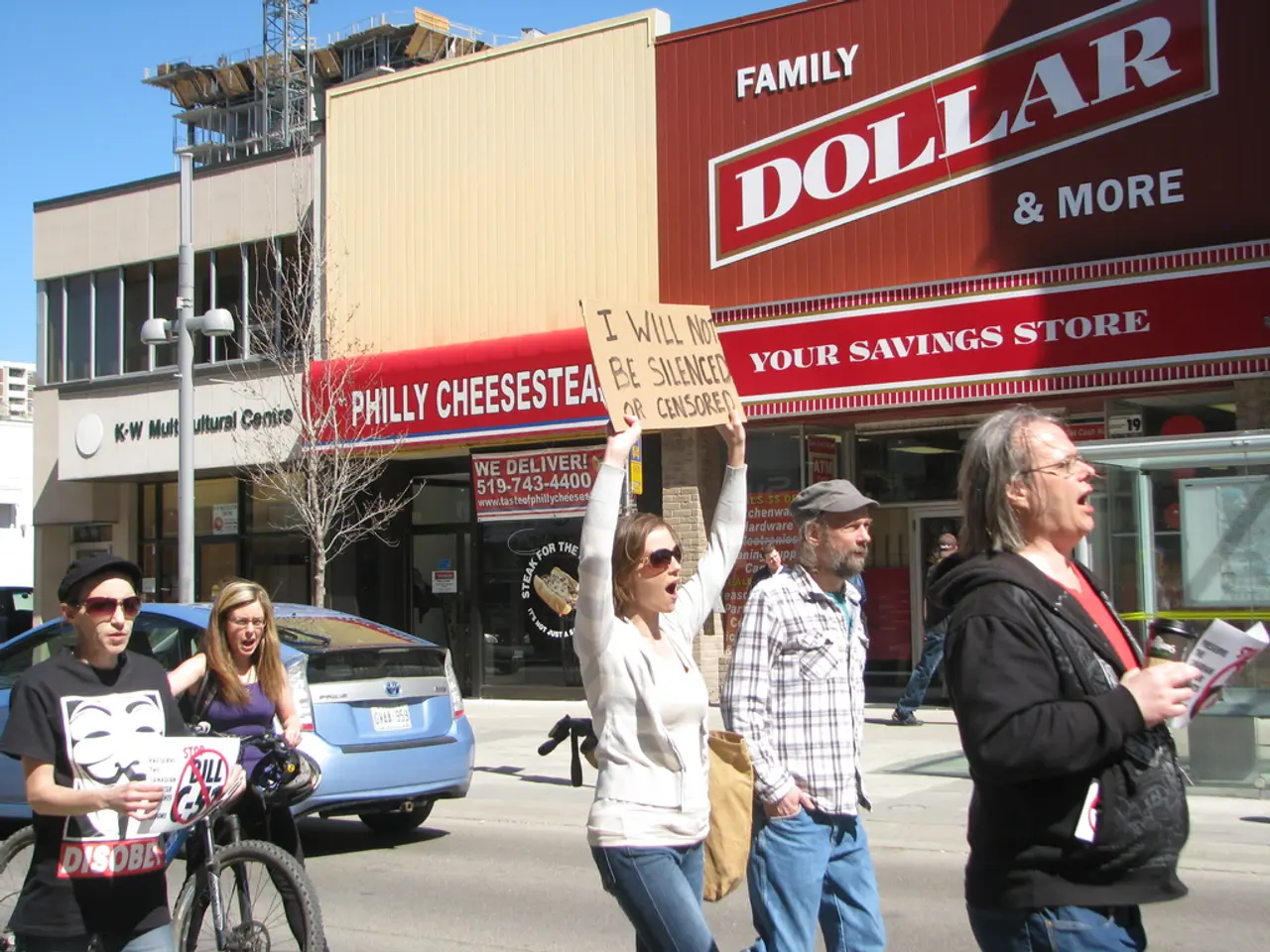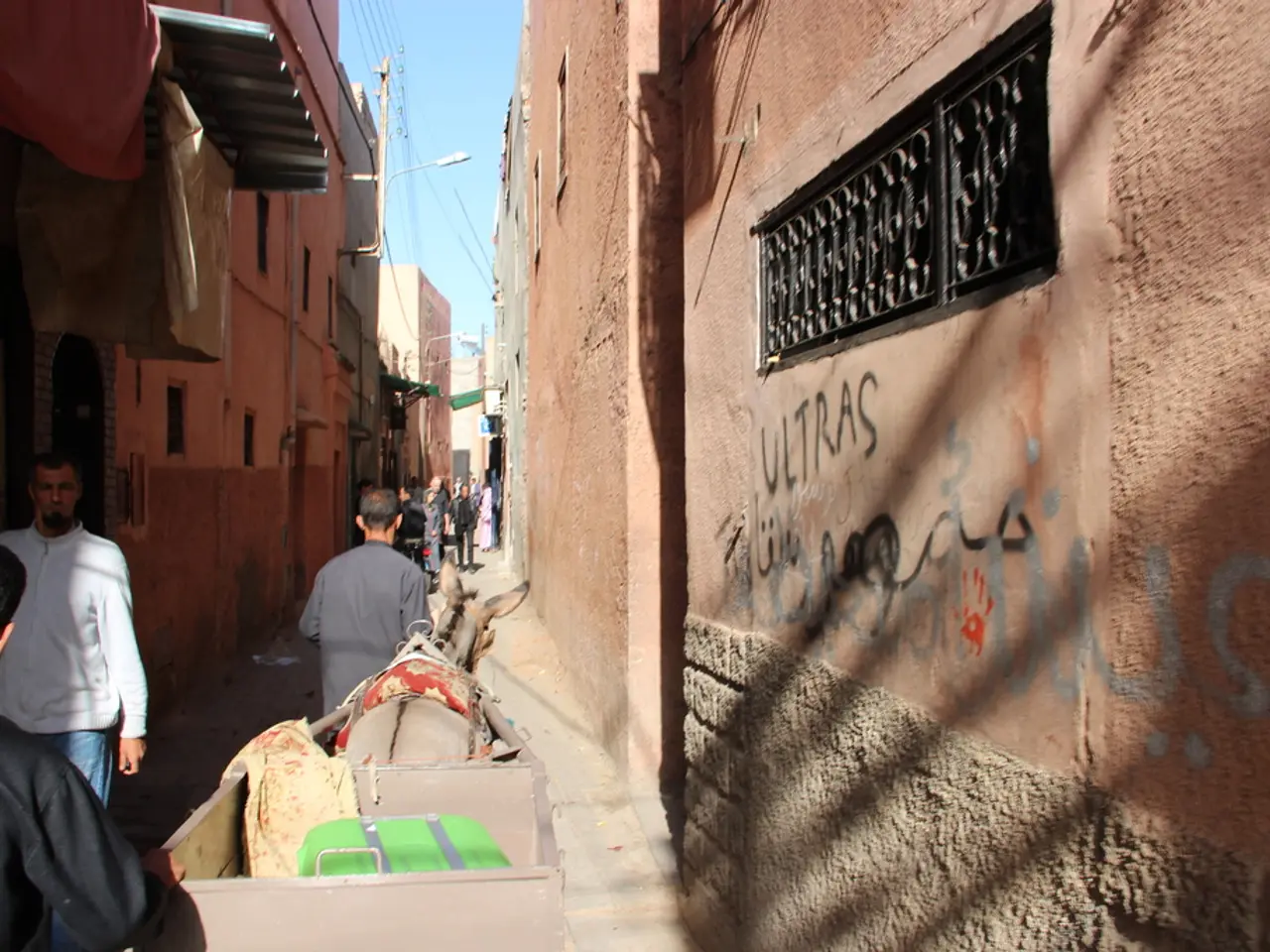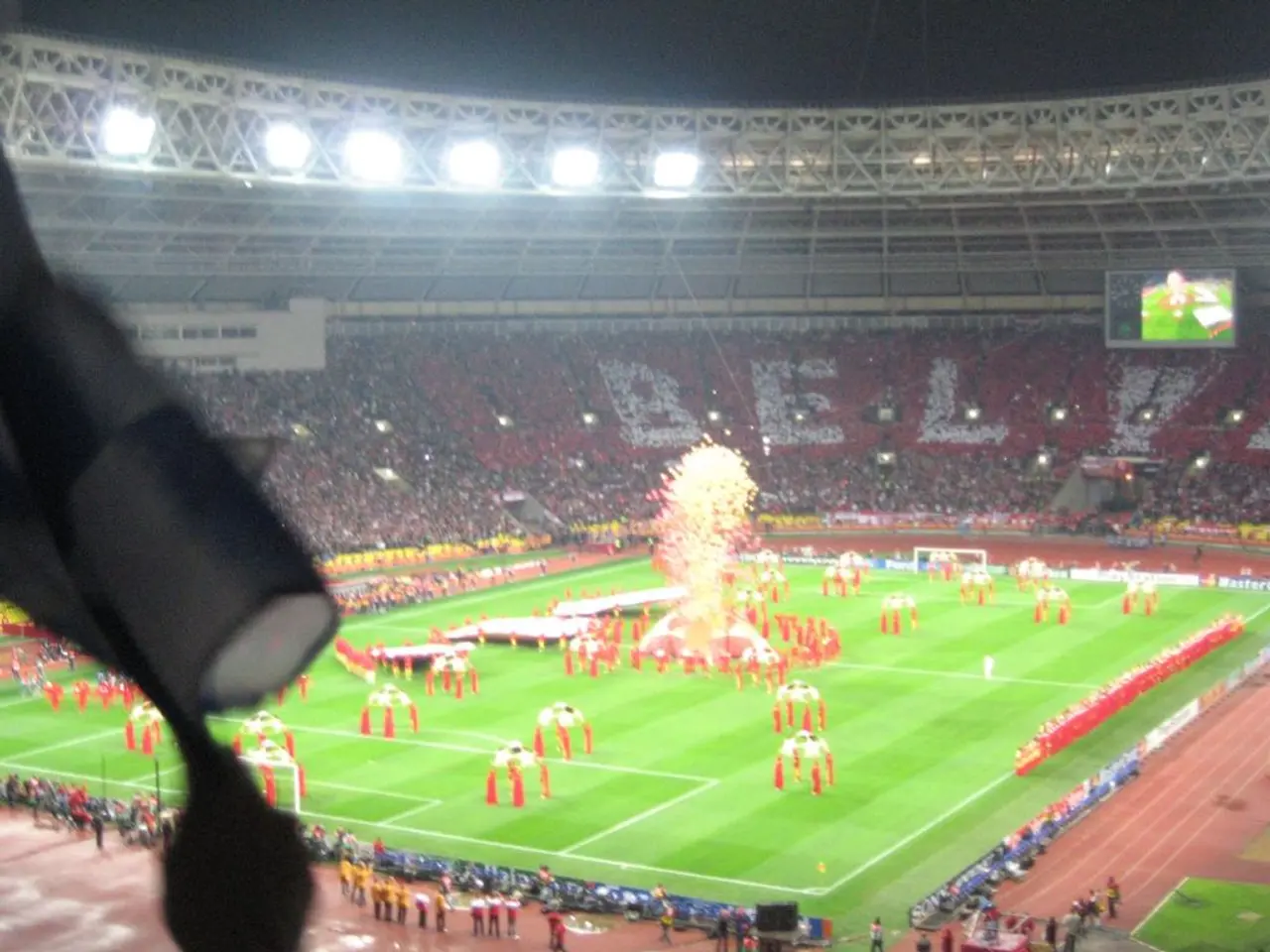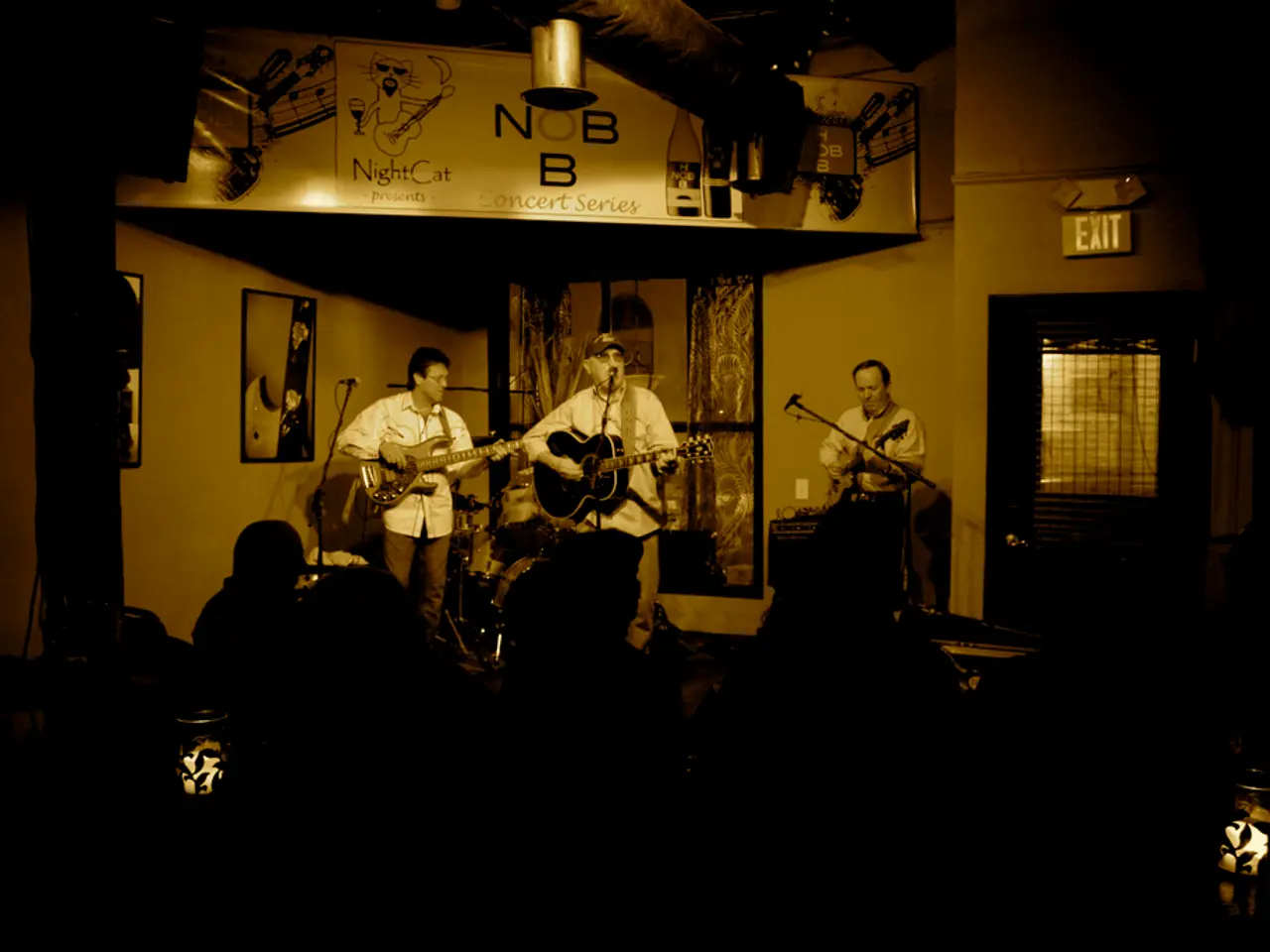Stricter regulations imposed on non-governmental organizations within Slovakia
Slovakia's parliament has passed a new law, aimed at increasing transparency in the non-governmental organisation (NGO) sector. The ruling coalition, led by Prime Minister Robert Fico, voted in favour of the bill, which requires NGOs to publicly disclose detailed information on income, expenses, organisational structures, and donor identities for donations above €5,000.
The law has been widely viewed as a measure that increases transparency but also raises concerns about privacy and potential curtailment of civil society freedoms. Some critics see it as a step towards silencing critics, reminiscent of authoritarian tactics and possibly aligning Slovak policies closer to Russia's style of controlling NGOs.
The law has sparked apprehension, particularly due to the demand for personal data disclosure of donors. Watchdogs and legal experts fear that this could deter support and chill NGO activity. Slovak watchdog groups and legal advocates are challenging the law at the Constitutional Court, and there are concerns it signals an erosion of rule-of-law standards, a trend seen in parts of Central Europe confronting democratic backsliding and increasing authoritarianism.
However, the final version of the law is considered administratively burdensome rather than an overtly repressive "foreign agent" law as in Hungary or Bosnia. The law does not currently label NGOs as "lobbyists" or "foreign agents."
The European Commission issued a warning to the Slovak government regarding the initial plans for the NGO law. After this warning, the Slovak government backtracked on their initial plans. The law requires NGOs to disclose the origin of their finances and the identity of their largest donors and members starting from July.
The law's passage in Slovakia comes amidst a broader trend of restrictive NGO laws in the region, often linked to hybrid threats and malign influence, including from Russia and China. While the law itself does not explicitly signify a move towards Russia, the rise of such laws in the region is seen as part of broader challenges to liberal democratic norms in Central Europe.
The Slovak government has actively engaged with the EU and NATO on issues of election interference and hybrid threats, indicating it remains integrated within Western security and political frameworks rather than pivoting toward Moscow. European institutions and civil society defenders generally view such NGO restrictions with concern because they weaken democratic accountability and civil freedoms central to EU values.
MP Zuzana Plevikova of Fico's Smer party stated in parliament that some NGOs were aiming for a violent coup, funded by foreign sources. However, these claims have not been substantiated, and the law's passage has been met with criticism from both domestic and international observers.
In summary, Slovakia's NGO disclosure law is seen as part of a contentious trend that may curb NGO operations and critics indirectly, echoing authoritarian practices but stopping short of the harshest measures. The EU and NATO remain concerned about rule-of-law and democratic integrity in Slovakia but have not indicated that this law alone signals a definitive geopolitical shift toward Russia.
- The new law in Slovakia, aimed at increasing transparency in the non-governmental organization (NGO) sector, has raised concerns about privacy and potential curtailment of civil society freedoms, with critics seeing it as a step towards silencing critics.
- The law requires NGOs to disclose detailed information on income, expenses, organizational structures, and donor identities for donations above €5,000, and it also demands the origin of their finances and the identity of their largest donors and members starting from July.
- European institutions and civil society defenders generally view such NGO restrictions with concern because they weaken democratic accountability and civil freedoms central to EU values.
- While the law itself does not explicitly signify a move towards Russia, the rise of such laws in the region is seen as part of broader challenges to liberal democratic norms in Central Europe.
- The Slovak government has actively engaged with the EU and NATO on issues of election interference and hybrid threats, indicating it remains integrated within Western security and political frameworks rather than pivoting toward Moscow.
